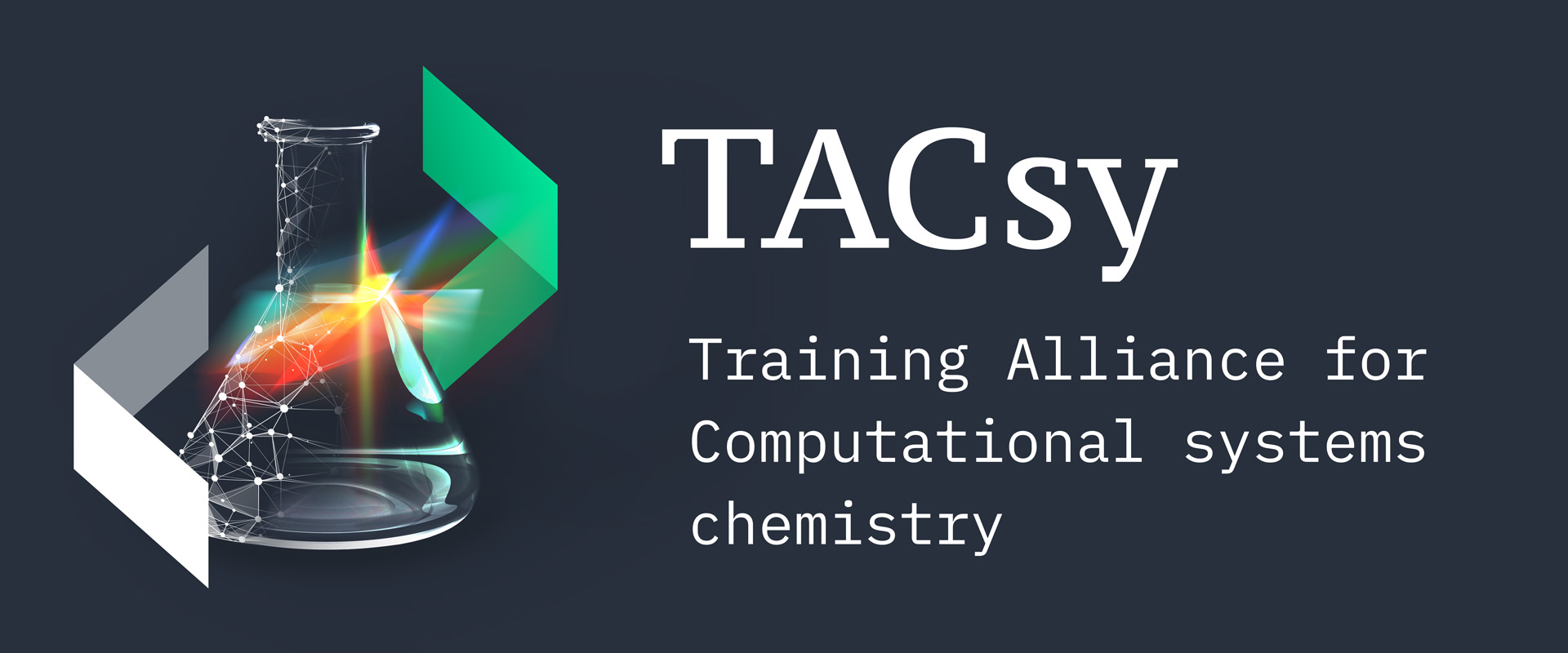Network and Project Coordinator
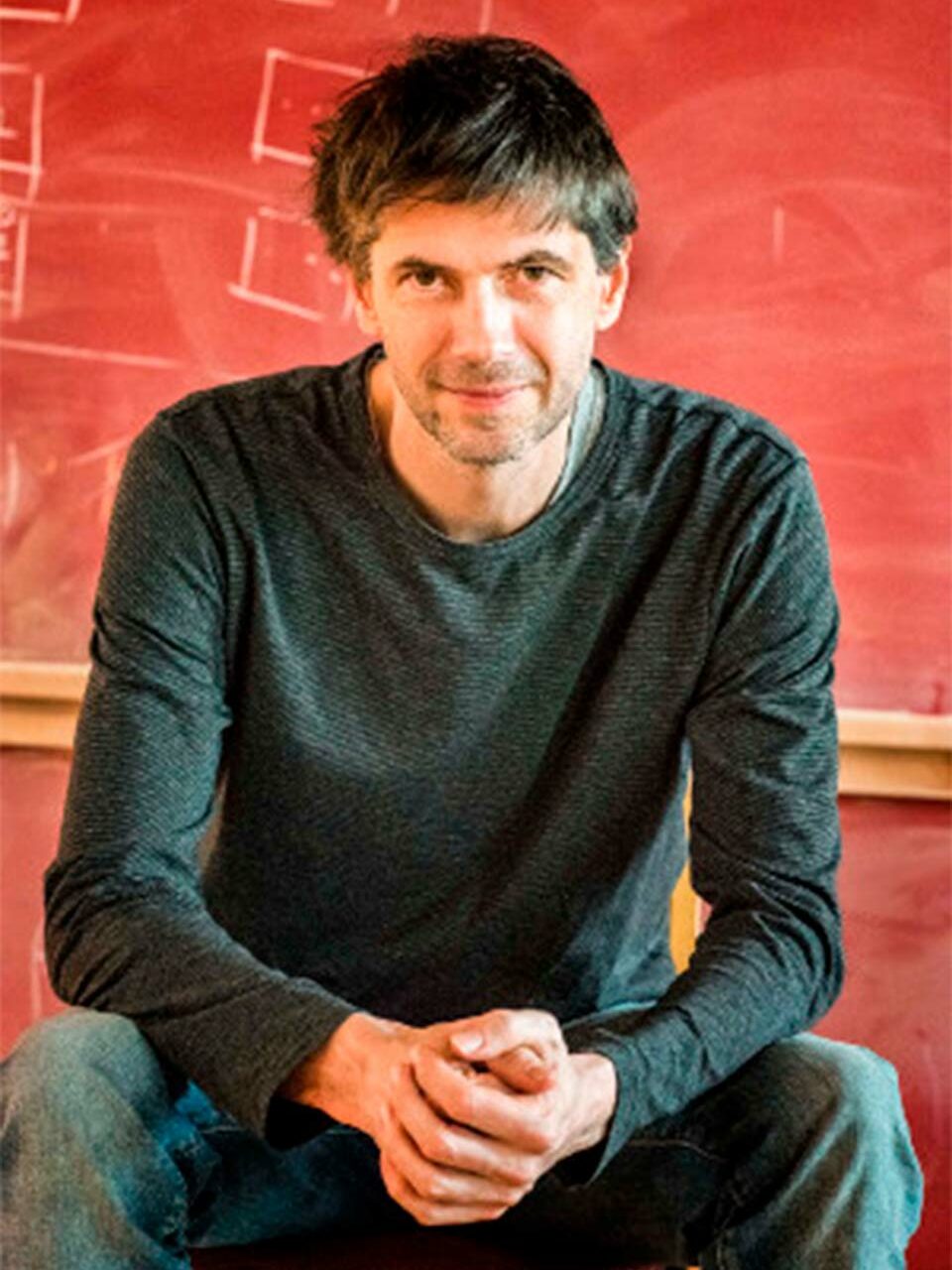
Daniel Merkle
Daniel Merkle is a full professor in Computer Science, head of the algorithms group, and leading the Algorithmic Cheminformatics group at the Department of Mathematics and Computer Science. Educated in theoretical computer science and always interested in algorithmics and interdisciplinary approaches in general, he worked for many years in Algorithmic Bioinformatics and then switched to this amazing research field where core computer science and chemistry meet. Not least of this due to strong connections with Prof. Peter Stadler (University of Leipzig), long term research stays with Prof. Christoph Flamm (University of Vienna), and Prof. Walter Fontana (Harvard Medical School), and EU supported network activities like the COST action “Emergence and Evolution of Complex Chemical Systems”. Based on the maturity of the novel approaches developed in his group, he recently also became PI of a major grant from the Novo Nordisk Foundation focusing on the Mathematical Modelling for Microbial Community Induced Metabolic Diseases (MATOMIC).
An online version of our algorithmic cheminformatics framework MØD, which has many of our theoretical approaches implemented can be found here. MØD heavily relies on the double pushout approach for graph rewriting. More details can be found via my publication list and on my research page.
Supervisors
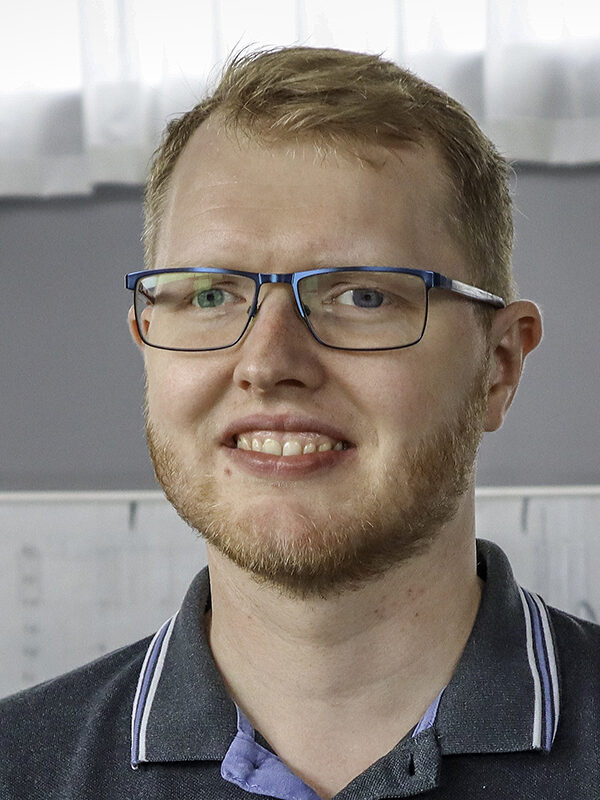
Jakob Lykke Andersen
Jakob works on formal methods for modelling and analysing chemical systems (algorithmic cheminformatics) and combines it with algorithm engineering to obtain implementations that are useful in practice. He is in general interested in algorithmics (in particular graph algorithms) and generic programming.
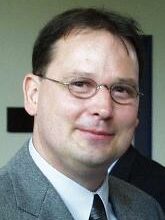
Peter Dittrich
Peter is leading the bio systems analysis group at the Friedrich Schiller University of Jena, Department of Mathematics and Computer Science (homepage). His group is also a member of the Jena Centre for Bioinformatics.
Area of Research
- Systems analysis and systems theory
- Simulation and modeling of complex systems
- Chemoinformatics, bioinformatics and computational systems biology
- Unconventional computing
- Information processing in natural systems
- Biologically inspired systems design
- Pervasive and organic computing
- Foundation of structural sciences and their applications in the life and social sciences
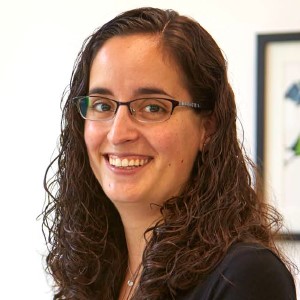
Alba Diz-Muñoz
The Diz-Muñoz group studies the crosstalk between mechanical properties of the cell surface and the extracellular environment and intracellular signalling processes that drive morphogenesis and fate in animal cells. Primary interest lies in understanding the reciprocal interactions between physical forces and cellular signalling cascades, with special focus on the mechanics of the cell surface and the adjacent extracellular environment:
How does membrane tension and in particular MCA control the cell surface and how it influences downstream biochemical signalling?
How does membrane curvature control behaviour, and is it used by cells to read out their membrane tension?
How do extracellular physical properties couple to cell surface mechanics and cell behaviour?
To investigate these aspects, we develop and apply multiscale and multidisciplinary approaches to precisely quantify and modulate membrane mechanics in an acute manner. This toolbox includes the use of optogenetics, TIRF microscopy, two-photon imaging, FRET sensors, Brillouin and atomic force microscopy, and multi-omics analyses such as proteomics and lipidomics. Using this toolbox, we gain novel mechanistic insights into how membrane tension and tissue elasticity affect cellular signalling and fate specification during morphogenic processes.
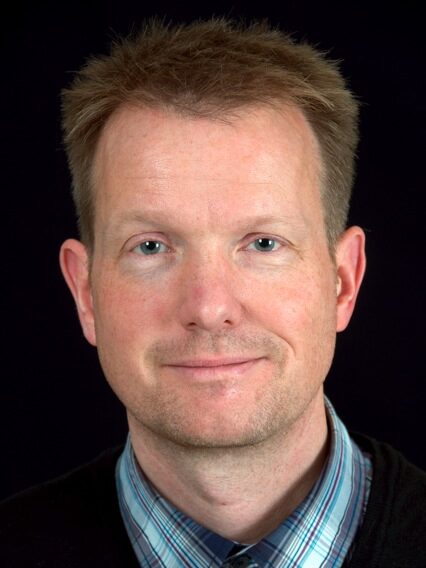
Rolf Fagerberg
Rolf is in general interested in problems within algorithmics. Specific topics so far include algorithms and data structures for external memory, in particular of the cache-oblivious kind, algorithms for problems in bioinformatics, and fundamental data structures such as search trees, priority queue structures, and graph representations. Recently also algorithmic, combinatorical, and complexity related questions from cheminformatics.
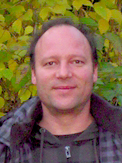
Christoph Flamm
Christoph’s subject areas include Computer Science • Biochemistry, Genetics and Molecular Biology • Mathematics • Chemistry • Agricultural and Biological Sciences • Chemical Engineering • Physics and Astronomy • Engineering • Medicine • Materials Science • Immunology and Microbiology • Social Sciences • Pharmacology, Toxicology and Pharmaceutics
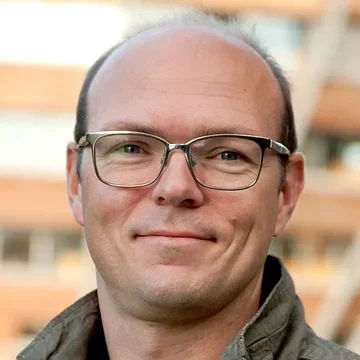
Thomas Gärtner
Thomas’ main research interests are efficient and effective machine learning and data mining algorithms. His recent focus is on challenges relevant to the constructive machine learning setting where the task is to find domain instances with desired properties and the mapping between instances and their properties is only partially accessible. This includes structured output prediction, active learning/search, online learning/optimisation, knowledge-based learning and related areas. He is most interested in cases of this setting where at least one of the involved spaces is not a Euclidean space such as the set of graphs. His approach in many cases is based on kernel methods where he has focussed originally on kernels for structured data, moved to semi-supervised/transductive learning, and am currently looking at parallel/distributed approaches as well as fast approximations.
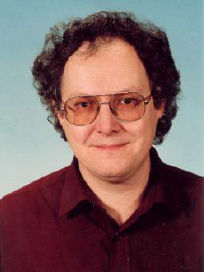
Peter Stadler
Peter completed his studies of Chemistry, Mathematics, Physics, and Astronomy at the University of Vienna (Austria) Undergratuate degrees (1.Diploma)in Chemistry (1986), Astronomy (1988), Physics (1989), and Mathematics, (1990). Graduate degrees: Mag.rer.nat. (Masters Degree) 1988 in Chemistry,
Dr.rer.nat. (PhD Degree) 1990. After completing a Postdoc with Prof. Manfred Eigen at the Max Planck Insitute for Biophysical Chemistry (Karl Friedrich Bonhoeffer Institute) Göttingen, Germany, 1990-1991, he became an Assistant Professor of Theoretical Chemistry at the University of Vienna until 1997. Next, Peter was “Ausserordendlicher Universitätsprofessor” (Ao.Univ.-Prof.) at the University of Vienna until 2002, when he became Professor for Bioinformatik at the University of Leipzig, Germany, a position he has held since Sept. 2002.
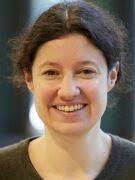
Annette Taylor
Annette obtained a BSc and PhD from Physical Chemistry at the University of Leeds and was later RCUK Fellow, then Senior Lecturer, before taking a position in Chemical and Biological Engineering at the University of Sheffield in 2014. During her time at Leeds she also held Visiting Researcher positions with collaborators in the USA. Her research involves combining chemical kinetics and mass transport with applications in materials science and biological processes.
Researchers

Walter Fontana
Walter Fontana’s research is situated at the confluence of molecular biology and concepts in theoretical computer science, especially in the area of concurrency (the study of asynchronously interacting processes). His longstanding interactions with computer scientists and his standing as a biologist within their community, have made his group a sought-after place for computer scientists to meet biology. Fontana and his collaborators address problems in biophysics, reaction networks, and evolution through mathematical and computational models, which often require the development of new methodologies by applying and extending ideas from computer science. In the past Fontana also conducted experimental work on aging using C. elegans as a model system. More information on the Fontana Lab can be found here
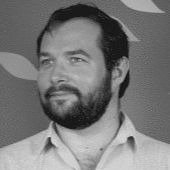
William Cesar
Dr. William Cesar has more than 7 years of experience in microfluidics and instrumentation and benefits from its know-how in automation, fabrication standards, and product validation at Fluigent in France. He will host several student secondments in TACsy.
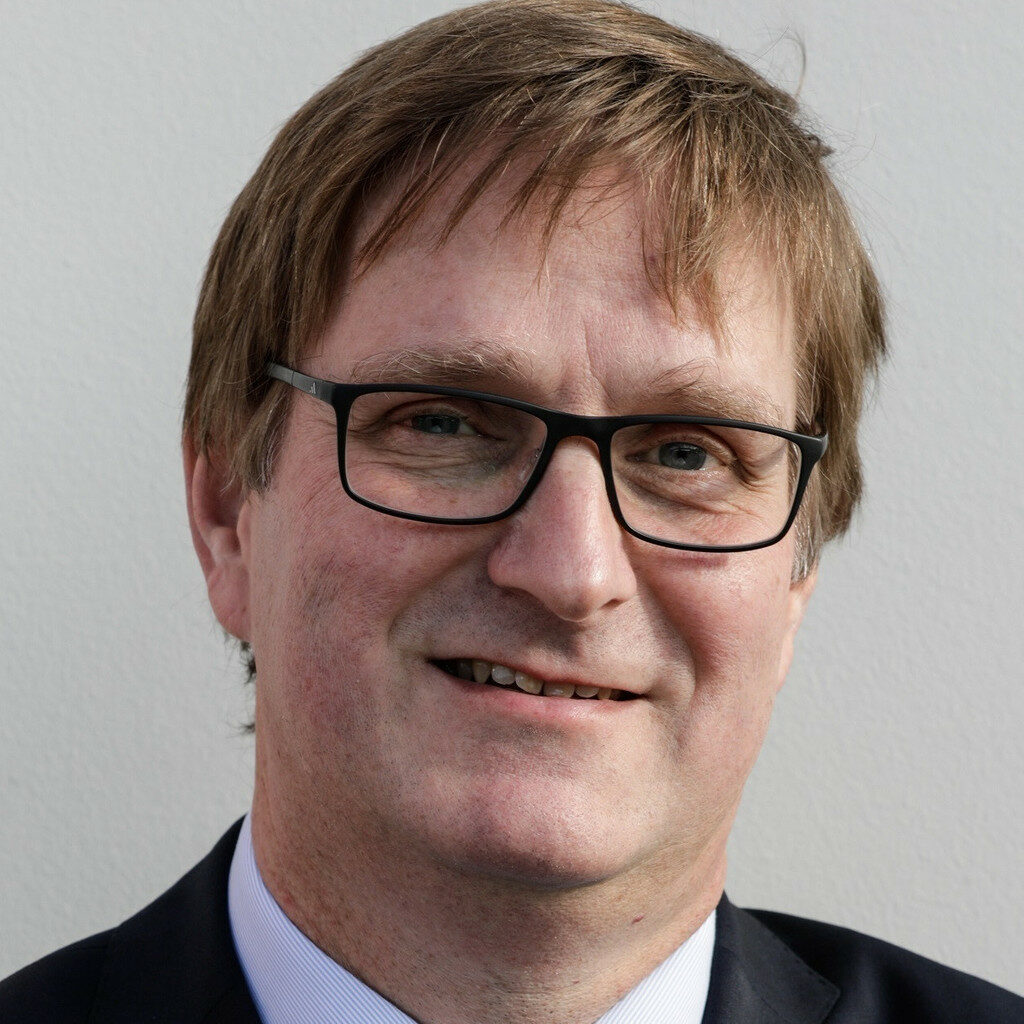
Christoph Henrich
Dr. Christoph Henrich is Director of Research & Software Development, Life Science Mass Spectrometry at Thermo Fisher Scientific (Bremen) GmbH. The software research and development team represented by Christoph Henrich has a unique track record in developing software tools. Christoph has 30 years of experience in data acquisition and data analysis software. At Thermo Fisher Scientific he is responsible for the development of major software solutions for Proteomics and Metabolomics (Proteome Discoverer, Compound Discoverer). Besides that, he is responsible for software research with the goal to develop new and innovative algorithms for the analysis of mass spectrometry data. He will host several student secondments in TACsy.
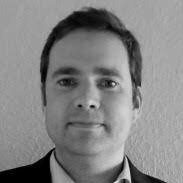
Peter Deglmann
Peter Deglmann heads the quantum chemistry team within materials and systems research of BASF at Ludwigshafen. He studied chemistry in Karlsruhe and received his Ph.D. in 2002, for the implementation of second analytic DFT derivatives in the program package TURBOMOLE. After postdoctoral stays in Chester (UK) and Heidelberg, he joined BASF, where the main focus of his work is application of quantum chemical methods to chemistry and properties of polymers.

Maike Bergeler
Maike Bergeler is part of the molecular quantum chemistry team led by Peter Deglmann. She studied chemistry at ETH Zurich and received her Ph. D. in 2014, which was focused on the development of methods for automated reaction network explorations and the application of these methods on reactivity questions. She joined BASF 2016, after a postdoc at KU Leuven, and continues working on the development and application of new methods for automated network explorations with the goal to facilitate product and process development at BASF.
Doctoral Candidates
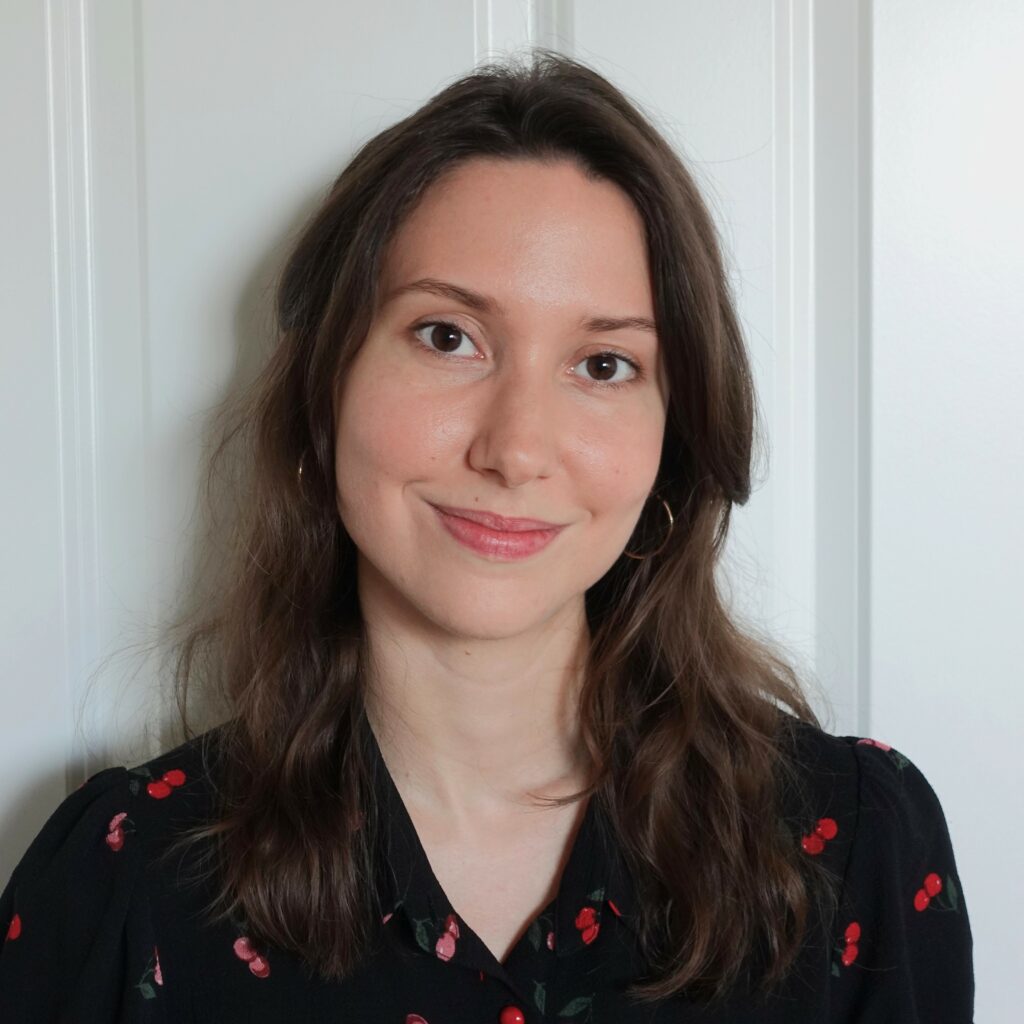
Erika M. Herrera
Erika M. Herrera holds a Bachelor’s degree in Mathematics and a Master’s degree in Computational Engineering and Mathematics. Her experience includes working as a data scientist in Spain and as a research assitant at the ICSO Meta group, specializing in machine learning, optimization, and simulation.
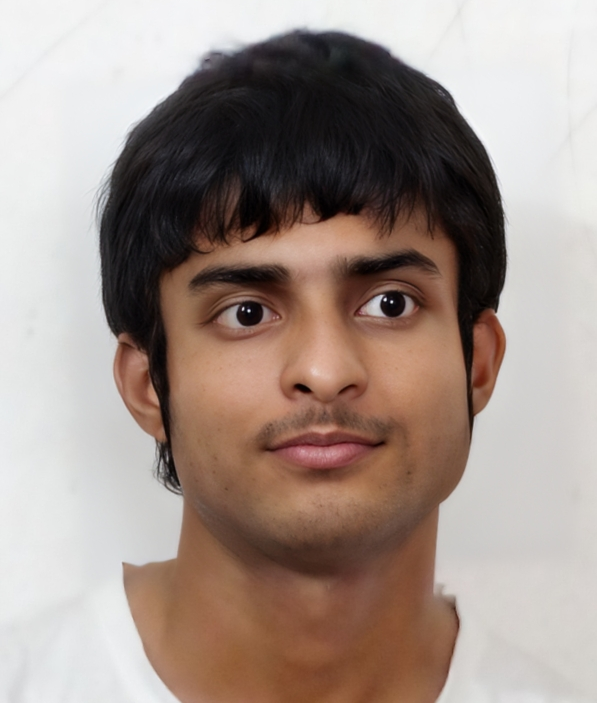
Adittya Pal
Adittya Pal completed mis Integrated M.Sc. with Chemistry (major) from the National Institute of Science Education and Research, Bhubaneswar, Odisha, India in 2018 working on molecular dynamics simulations of condensed phase systems. He has participated in the Google Summer of Code 2023 in open source software development for gprMax.
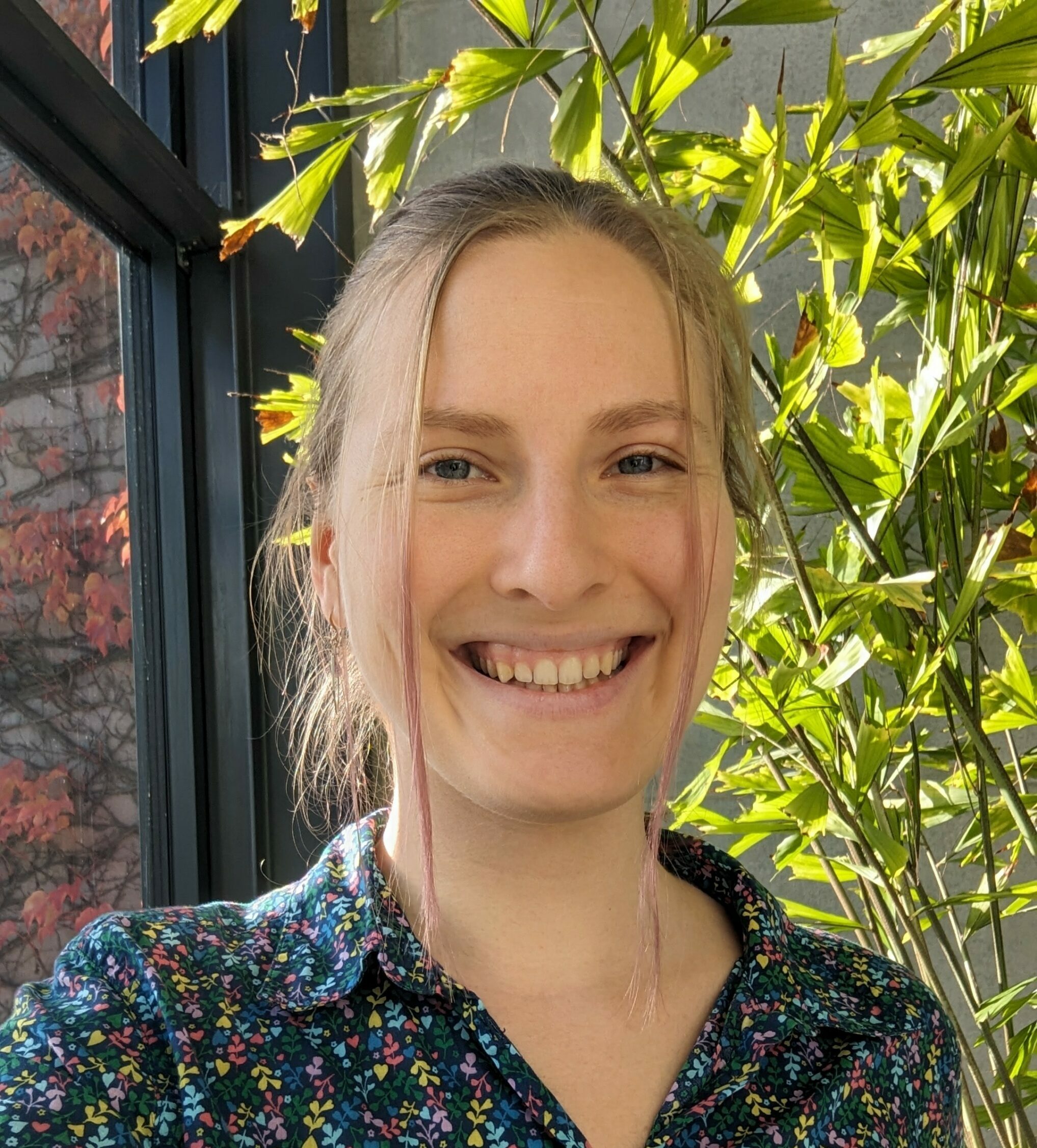
Lena Gladbach
Lena Gladbach just finished her Master’s degree in Computer Science (Leipzig University) before joining TACsy and holds a Bachelor’s degree in Media Informatics (Leipzig University of Applied Sciences). She did research internships in Bioinformatics (Nottingham Trent University) and Physics (Max Planck Institute for Nuclear Physics Heidelberg). Now she is curious to combine Chemistry with what she is most enthusiastic about: graph theory.
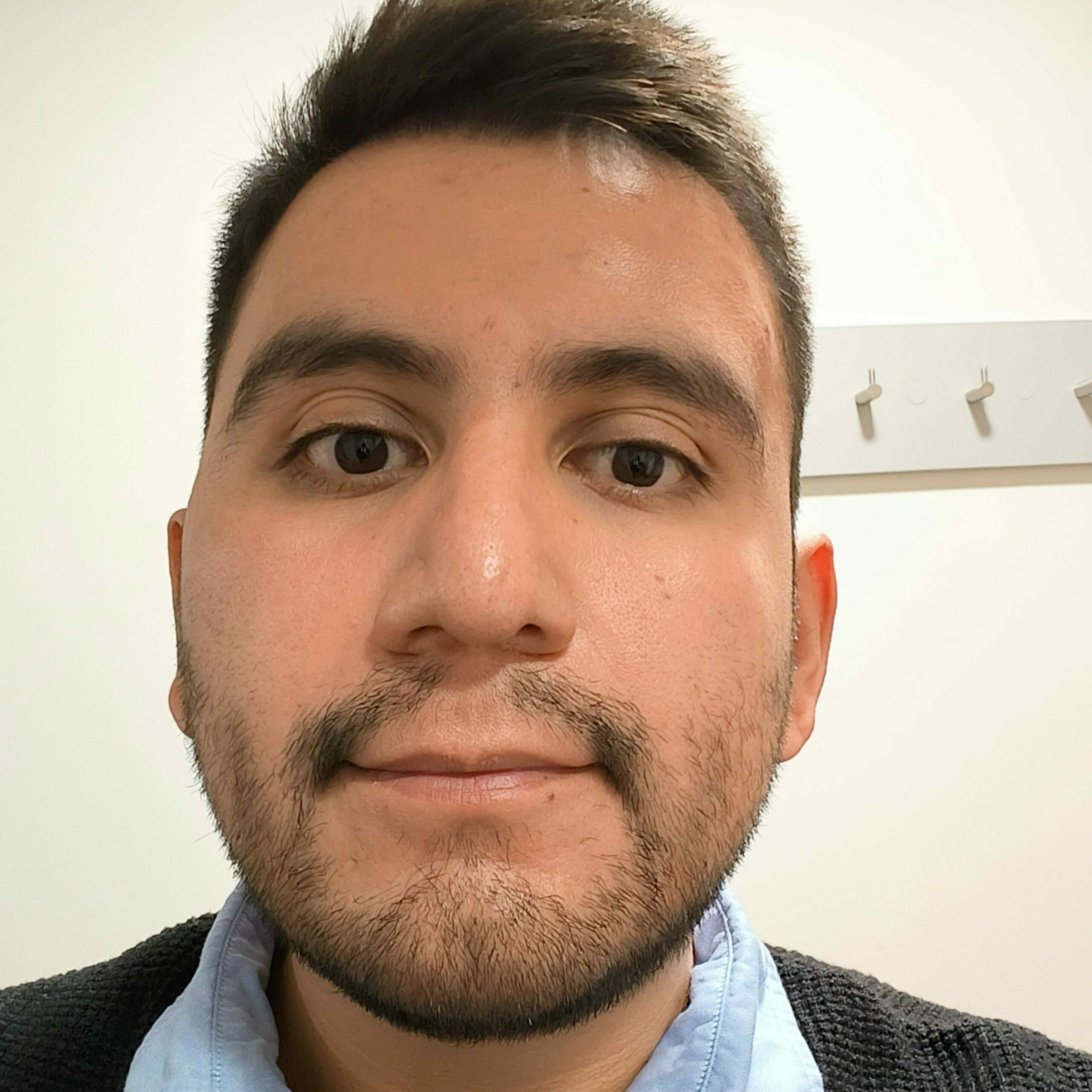
David Hernandez Cid
David Hernandez Cid holds both a bachelor’s and master’s degree in Biotechnology from Tecnologico de Monterrey. Later he joined the Bioengineering department where he engaged in teaching courses related to bioprocess. His research interests primarily lie within the implementation of microfluidic systems within the context of bioinspired systems.
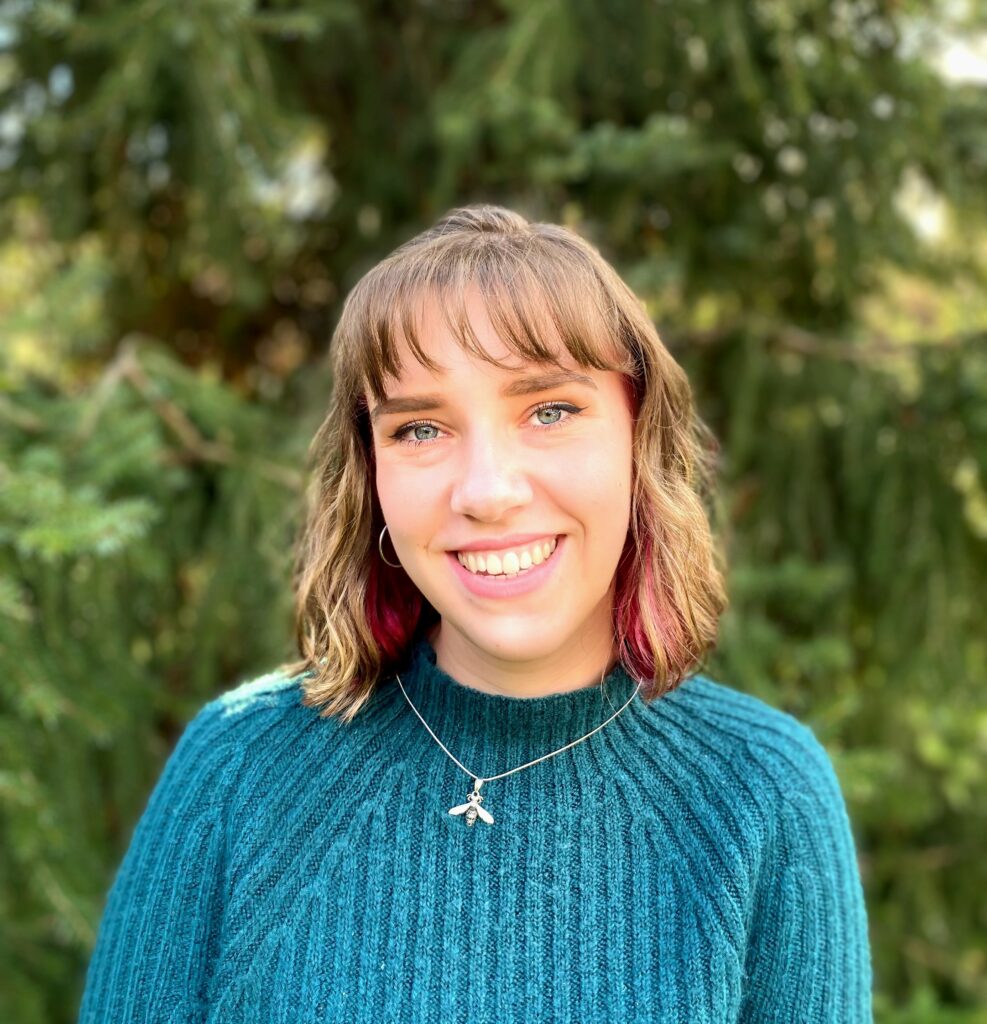
Anne – Susann Abel
Anne-Susann Abel has recently completed her Master’s degree in Chemical Biology (Friedrich-Schiller-University Jena) and previously conducted a Bachelor’s degree in Biochemistry (Eberhard-Karls-University Tübingen). Before joining TACsy her research focus had shifted to Computational Chemistry and Computational Metabolomics, where she is now excited to combine biochemical theory with computational approaches.
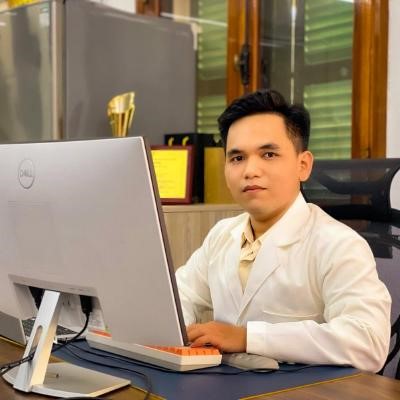
Tieu – Long Phan
Tieu-Long Phan is a distinguished practitioner in the field of Pharmacy, possessing a Master’s degree with a focus on Cheminformatics and Drug Discovery. His expertise encompasses the mechanization of drug discovery pipelines, with a focus on domains such as QSAR, pharmacophore modeling, molecular similarity analysis, and molecular docking, all facilitated by machine learning. His scholastic and professional endeavors demonstrate a dedication to propelling the drug discovery sector by employing cutting-edge cheminformatics tactics in the Artificial Intelligence epoch.
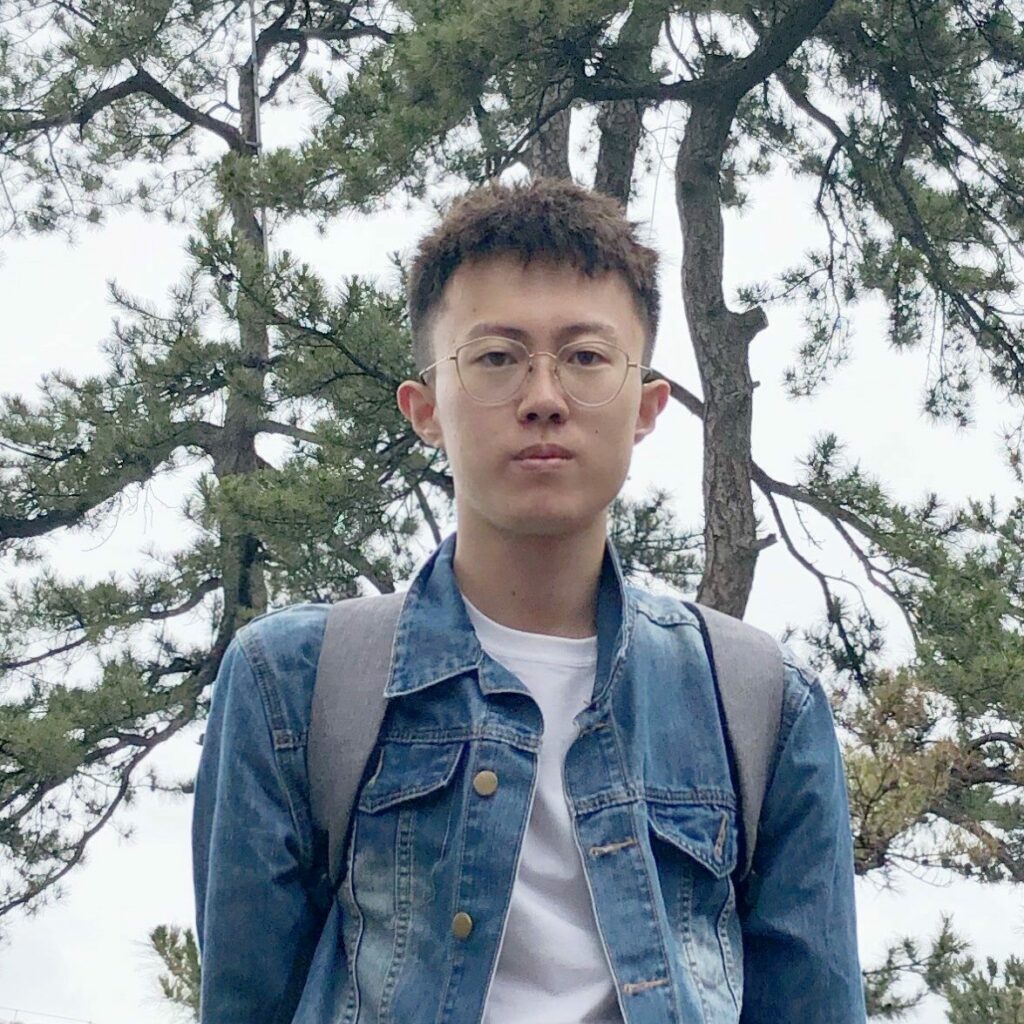
Yingjie Pan
Yingjie Pan hold a bachelor degree from Beijing University of Chemical Technology(BUCT) and a master degree of sustainable energy (Bioenergy) from Technical University of Denmark (DTU). Later he joined the Zhejiang Provincial Key Laboratory of Engineering Biology at Zhejiang University as a research assistant. His research interest is focus on producing bio-based chemicals from biomass via multi-enzyme cascades.
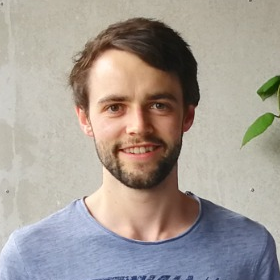
Klaus Weinbauer
Klaus is a Ph.D. student studying and researching machine learning methods for automated synthesis planning of chemical reactions. Prior to joining the Bioinformatics Group at Leipzig University, he completed his Master’s degree with distinction in Information and Computer Engineering in 2023, following a Bachelor’s in the same field. After acquiring a sound background in computational methods in the context of embedded and intelligent systems, his focus has shifted toward advancing them in system chemistry.
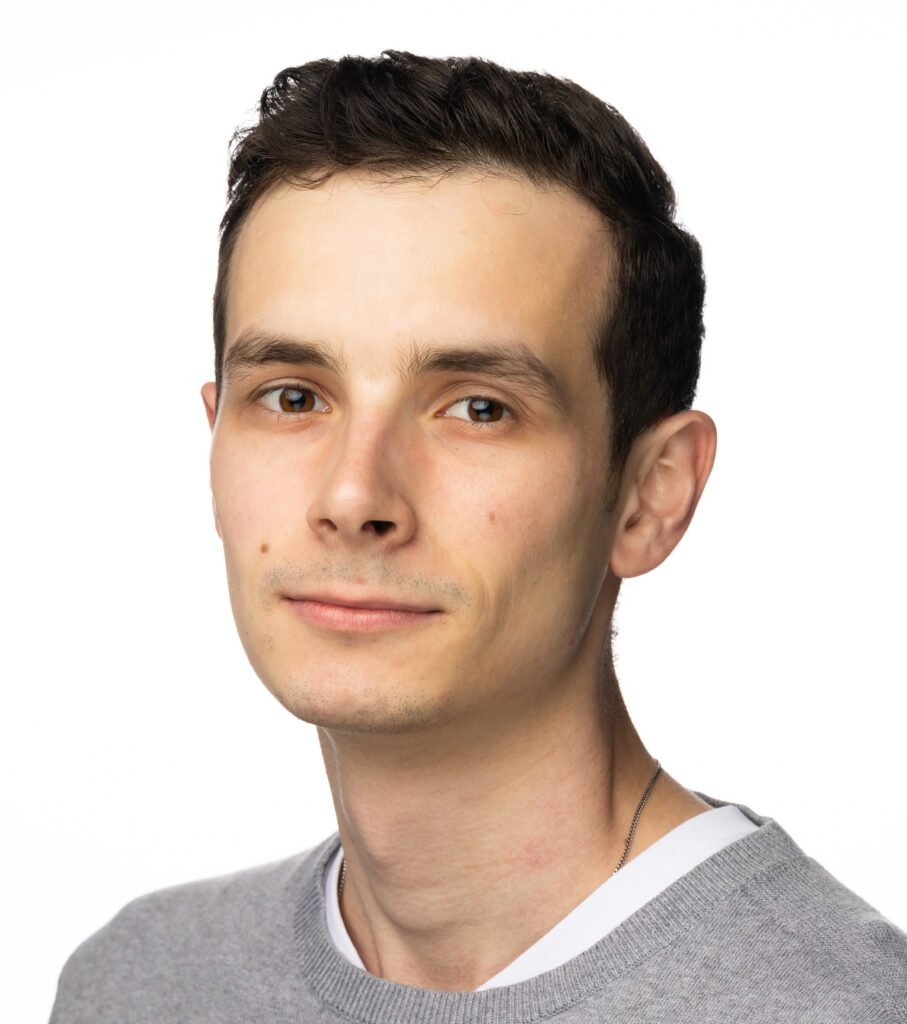
Nikolai Kureev
Nikolai Kureev is a PhD student at the EMBL Heidelberg working between the Diz-Munoz and Ejsing Laboratories. He holds a master’s degree in Molecular Bioengineering from the Technical University of Dresden. His areas of interest include the study of lipid metabolic pathways and their influence on cell migration and differentiation.
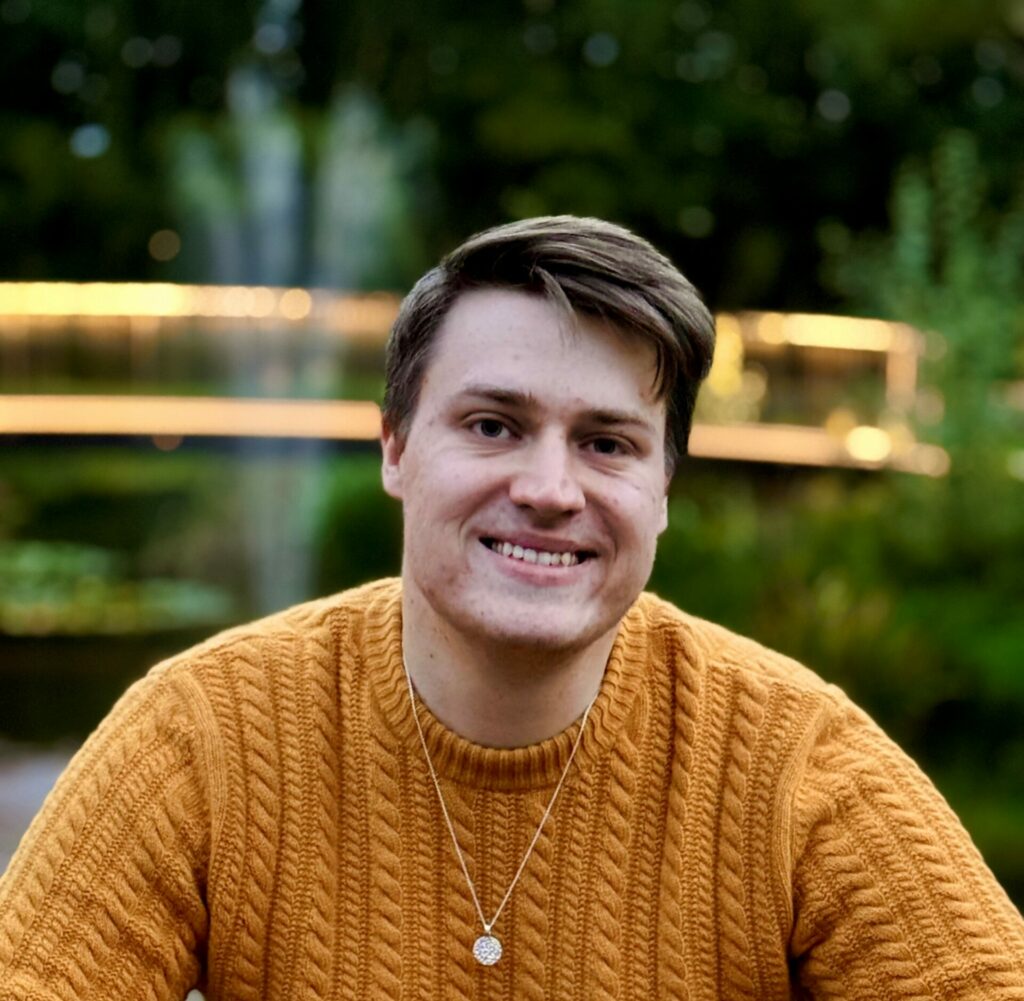
Mikkel Boger Posselt
Mikkel Boger Posselt has a Bachelor’s degree as well as a Master’s Degree in Computer Science from the University of Southern Denmark. His thesis focused on implementing and analysing an algorithm for combinatorial conversion, specifically in regards to chemical reaction systems. Mikkel has a great interest in environmental research as well as algorithmic cheminformatics, along with the practical applications within those fields of research.
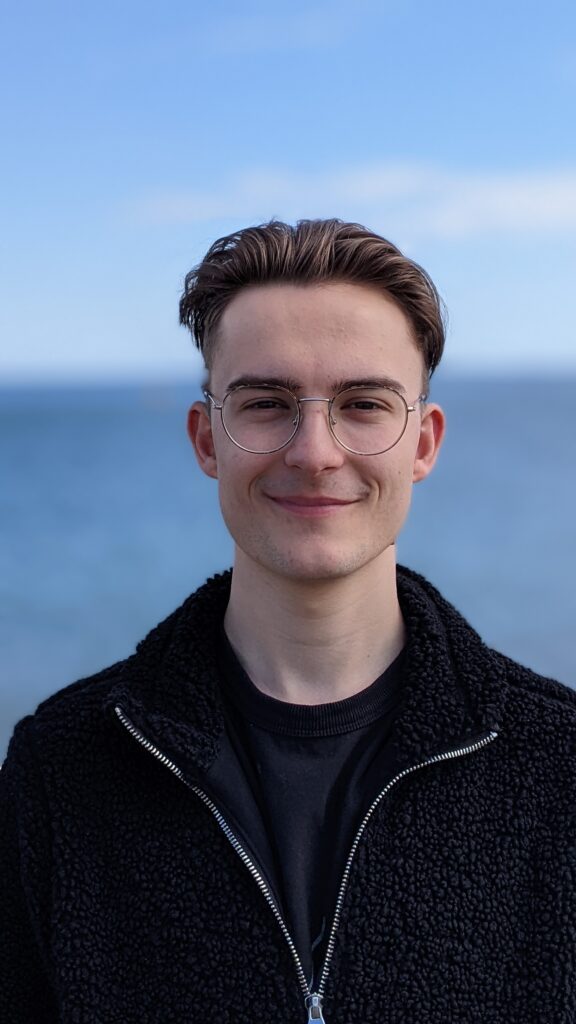
Joe Smith
Joe Smith holds an integrated Master’s degree in Chemical Engineering with Biological Engineering from the University of Sheffield, where he developed a keen interest in reactor design and bioprocessing, culminating with a dissertation focused on the design of a continuous reactor for in vitro transcription using computational fluid dynamics. Joe has previous experience as an R&D Engineer at Pall Life Sciences and as a Research Assistant at the University of Sheffield. His research focus has now pivoted towards modeling multi-enzyme cascades for value-added chemical production.
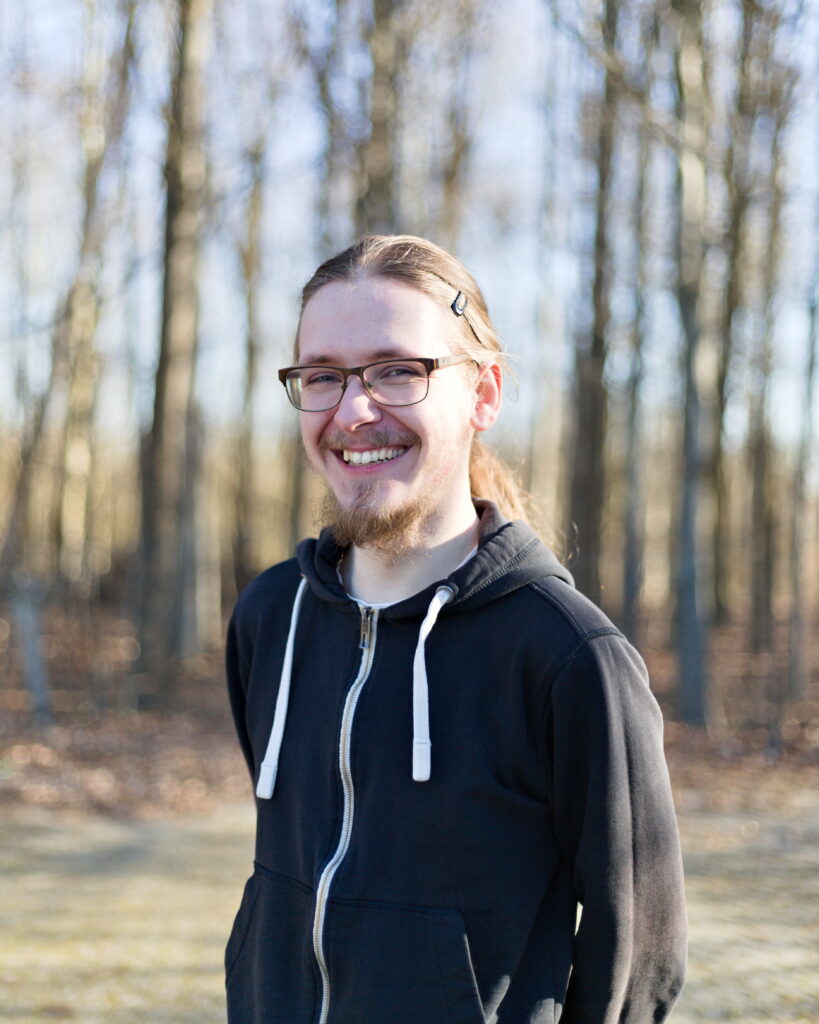
Patrick Jakobsen
Patrick Jakobsen has a keen interest in the intersection of theoretical and practical aspects of computer science. He holds a Master’s and a Bachelor’s degree in Computer Science. He has diverse interests such as Compilers, Operating Systems, Cryptographic Protocols, and GUI libraries. He has previously worked as a Scientific Assistant at the University of Southern Denmark, where he co-authored the Capability-Based Command Protocol. He also has experience as an entrepreneur, with the startup QuasiOS. Now he sets out to explore the frontier of cheminformatics.
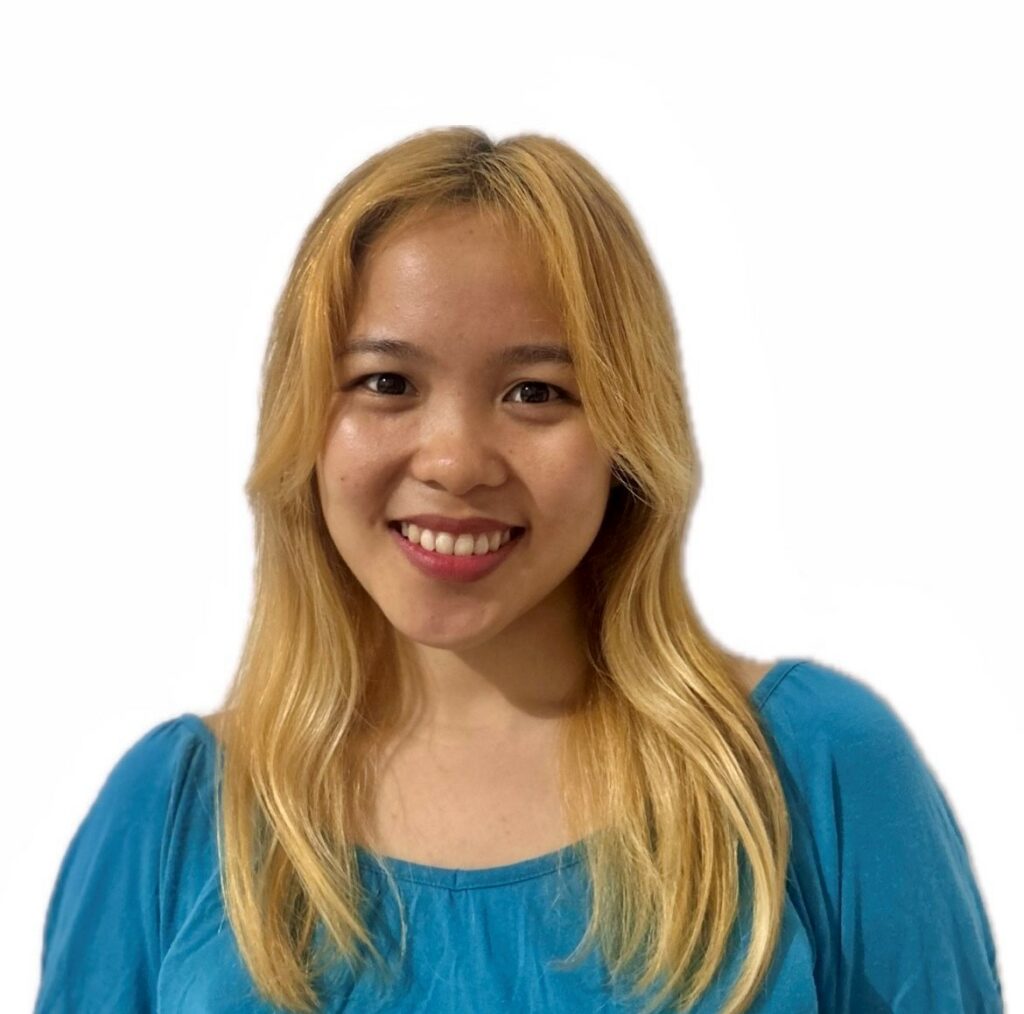
Deza Amistas
Deza Amistas holds a Master’s degree in Applied Mathematics majoring in Mathematics in Life and Physical Sciences from the University of the Philippines Diliman and a Bachelor’s degree in Applied Mathematics from the University of the Philippines Visayas. With over three years as a Science Research Specialist at the University of the Philippines Mindanao, Deza has made significant contributions to forecasting and optimal control of COVID-19 cases, showcasing a strong commitment to applied research.
Project Manager
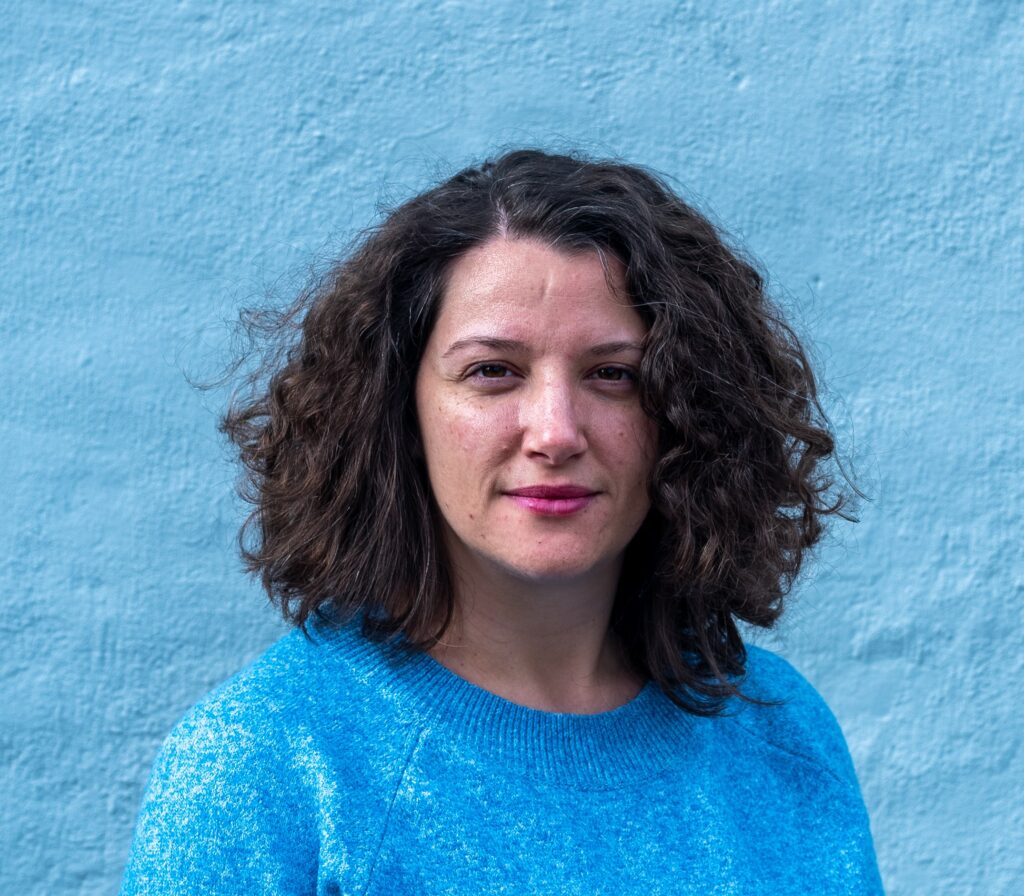
Eleni Bakou
Eleni Bakou is a project manager and grant writer for the SDU External Relations Team (joined in May 2023). She previously worked for several years as a project manager in Greece, managing EU and privately funded research projects. She has a background in History and Philosophy of Science and Technology (BA) and Cultural Management (MA).
